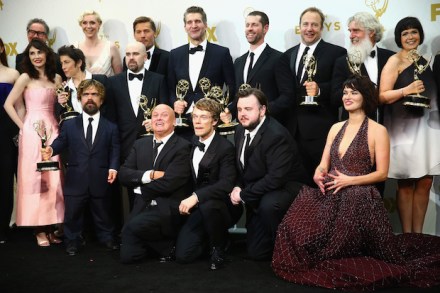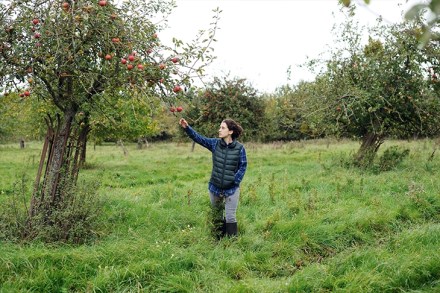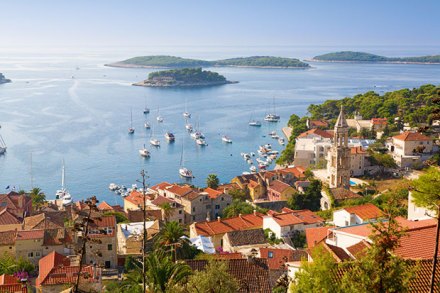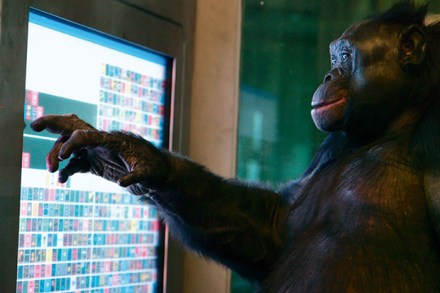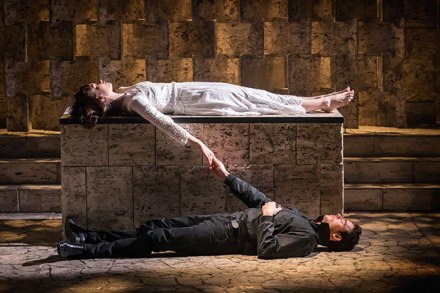How Game of Thrones is shaping up as the new season begins
After an agonising year-and-a-bit wait, Game of Thrones, the biggest TV show on earth bar none, returns in the early hours of tomorrow. Given the prolonged gap between the seasons – necessitated by storylines that have now outrun George R. R. Martin’s source material – here’s a pre-release primer on the situation around Westeros, now that Winter has truly arrived. In the North: The start of last season saw the resurrection of Jon Snow – a will-they-won’t-they event that HBO had spent the best part of a year teasing – who was returned to life by Melisandre, one of Westeros’s biggest wildcards. Upon returning to life, Jon proceeds to quit
